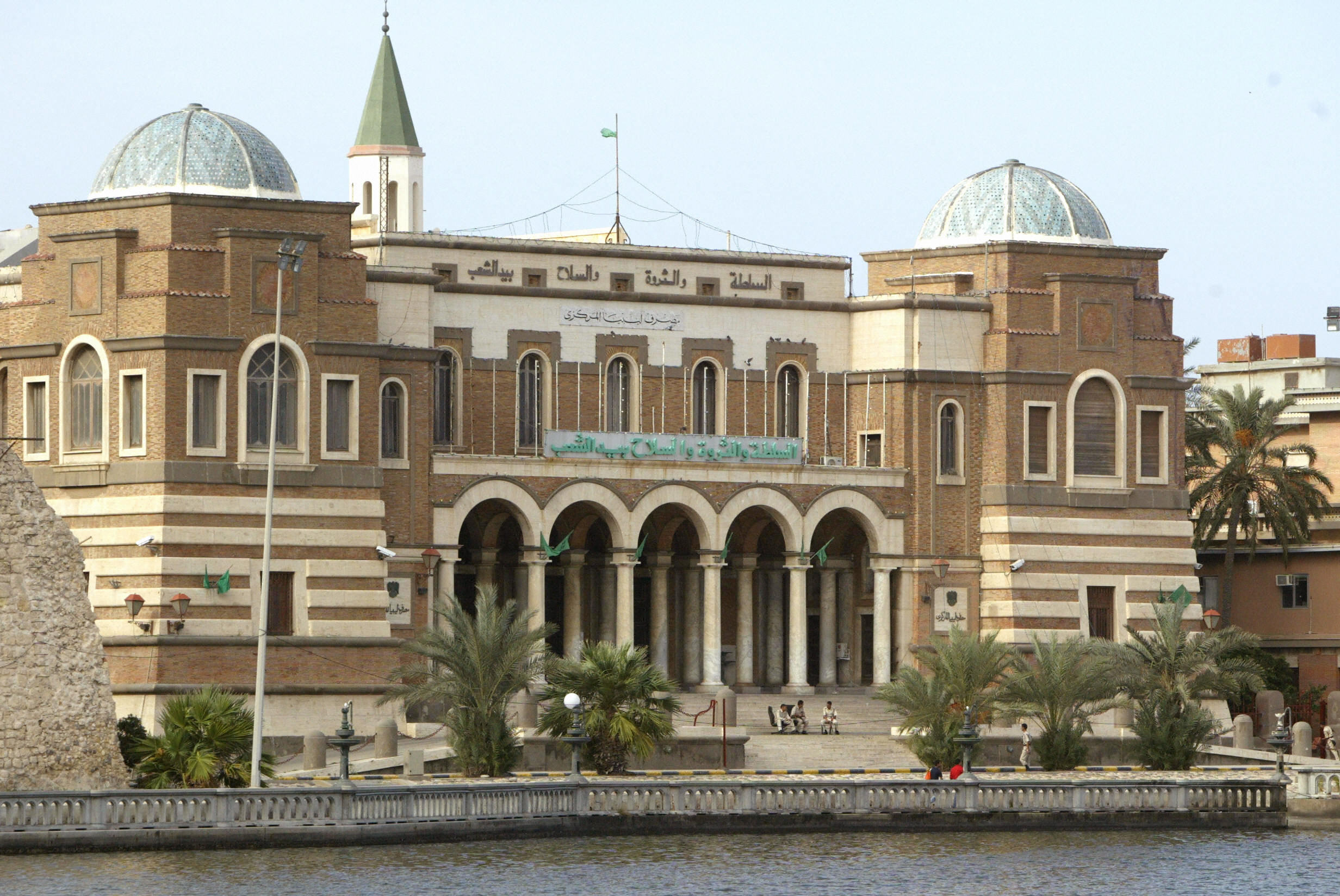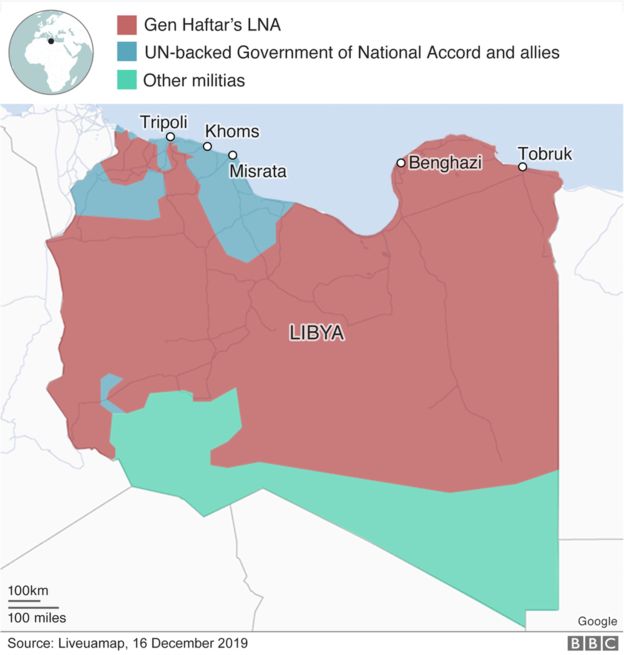The Central Bank of Libya (CBL) has unveiled a significant initiative aimed at bolstering the country’s banking sector by allocating 15 billion dinars (over 3 billion USD) to all operational banks in the coming months. This distribution is set to be implemented across all bank branches throughout Libya.
This announcement followed a crucial meeting held last week under the chairmanship of CBL Governor Naji Issa and was attended by the general managers of major banks, as well as directors from relevant CBL departments. The discussions focused on a range of pressing financial issues that have been impacting the banking landscape in Libya.
Among the key topics addressed during the meeting was the urgent need to resolve the liquidity crisis that has affected many banks, restricting their ability to meet customer demands and support economic growth. To tackle this issue, the CBL emphasized the importance of enhancing electronic payment services, which are essential for facilitating transactions and promoting a more efficient banking environment.
Moreover, the meeting underscored the necessity to modernize banking systems to improve operational efficiency and security. The CBL also discussed the regulation of foreign exchange sales, to create a more stable and transparent currency market. Reactivating currency exchange offices was identified as another critical measure to ensure that citizens and businesses have access to foreign currency when needed.
In addition to these measures, the CBL reviewed its strategy for granting licenses to exchange companies. Governor Naji Issa confirmed that the application process for these licenses will officially open in mid-November, providing a structured framework for the operation of exchange businesses in the country.
Overall, these initiatives reflect the CBL’s commitment to strengthening Libya’s financial sector, promoting stability, and enhancing the availability of banking services to better serve the Libyan population.



